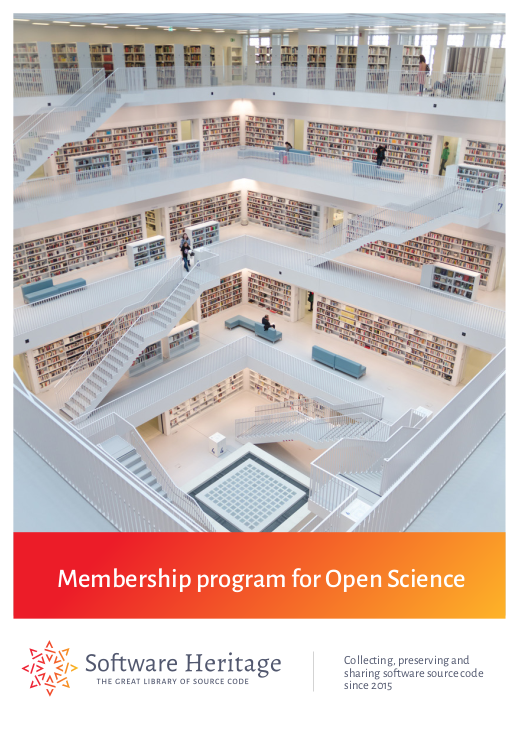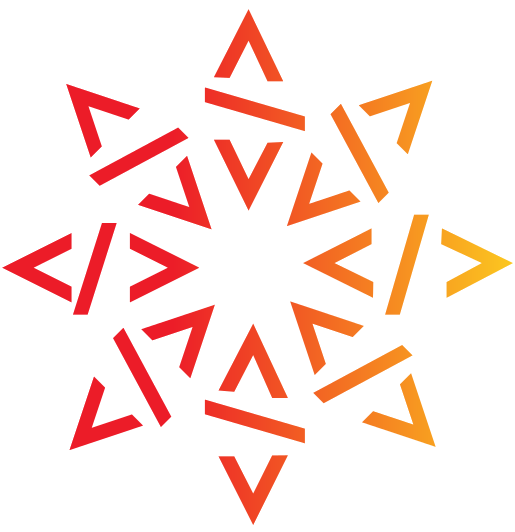Archives and Libraries Interest Group Members
Support of Software Heritage by academic organisations is vital in building a mutualized infrastructure in service of the Scholarly Ecosystem. We are very grateful to all our supporting academic organisations worldwide.
Software Heritage is an infrastructure designed to last.
Supporting Software Heritage means investing in a sustainable infrastructure in all its dimensions:
- Technical sustainability through open standards, a network of mirrors
- Institutional sustainability through its governance model and economic model involving public and private actors
Libraries play a pivotal role in advancing teaching, research, and learning by scholarshipproviding resources, enabling discovery, and offering expert guidance. As software source code becomes increasingly central to contemporary scholarship, libraries must support researchers who work with it.
However, managing collections of code requires specialized teams with specific expertise—a new frontier for many academic institutions.

Meet our members
We are pleased to introduce the members of the Software Heritage ALIG, whose support is crucial to our mission of building the universal source code archive. Their contributions are essential for us to offer the services our community depends on. We sincerely appreciate the trust our supporters have placed in us.
- Canadian Research Knowledge Network (CRKN)
- Consortium of Swiss Academic Libraries (CSAL)
-
Council of Australian University Librarians (CAUL):
Why become a member?
The Archives and Libraries Interest Group (ALIG) brings together stakeholders that are interested in supporting unfettered access, reference and citation of software produced by academic research, reinforcing the principles of open science.
By joining the ALIG, you become part of a community of libraries that not only utilize the archive but also actively contribute by sharing your specific needs. You can exchange experiences and best practices, and help shape new features. Your input is essential for Software Heritage to adapt and evolve according to the diverse needs of its users.
Your membership contribution provides a stable financial basis for the archive, mutualising its cost with all other members.
Membership levels
There are different membership levels, providing benefits according to the contribution amount.
| Levels | Gold | Silver | Bronze | Copper | Wood | Paper |
|---|---|---|---|---|---|---|
| Annual membership ≥ | €50,000 | €25,000 | €10,000 | €8,000 | €4,000 | €2,000 |
| Support Benefits:
Access to the ALIG mailing list |
Yes | Yes | Yes | Yes | Yes | Yes |
| Training session for curation | Yes | Yes | Yes | Yes | Yes | |
| Software Archival help-desk | Yes | Yes | Yes | Yes | ||
| Access to the Contributor recognition program | Yes | Yes | Yes | |||
| Personalized quote for your press release | Yes |
A 25% discount will be applied to institutions supporting via a billing consortium. Please contact us for further information.
You can pledge for a period of one year, or longer (three years recommended). The payment can either be paid in one lump sum, up-front, or on an annual basis.
How to become a Member?
Becoming a member is very easy, just write to alig@softwareheritage.org indicating the desired membership level and duration, and we’ll get to you. You can also directly complete the membership form using the button below.
SCOSS | Fifth Funding Cycle
Software Heritage has been selected by The Global Sustainability Coalition for Open Science Services (SCOSS) for the 5th pledging round, recognizing Software Heritage as a crucial open science infrastructure ensuring continuous access to the software code outputs generated by researchers worldwide.
Watch the 2-min pitch:
Part of the SCOSS Family
As part of the SCOSS family, Software Heritage is now part of a community of practice, building an ecosystem of open infrastructures.
